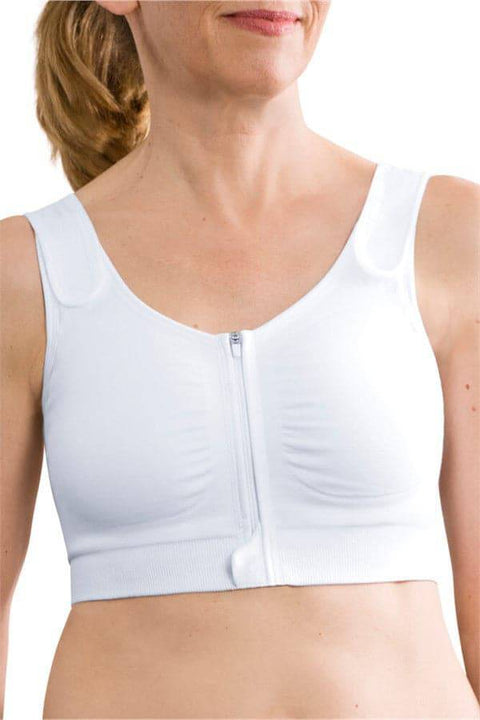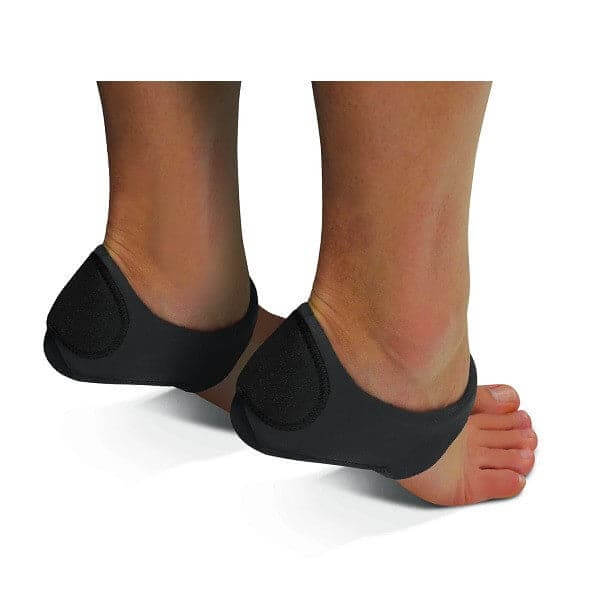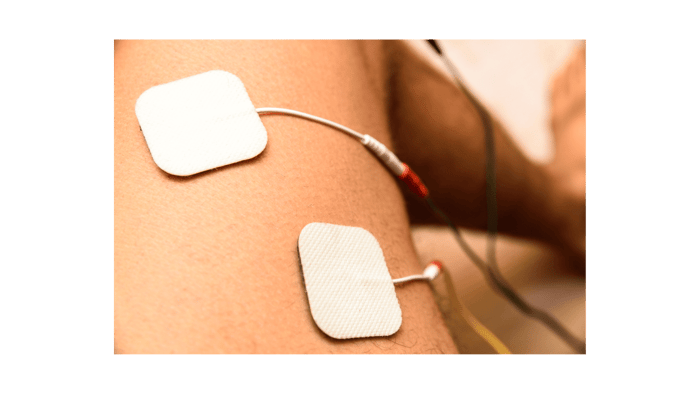Preparing for a mastectomy involves thorough preparation for your hospital stay and the subsequent recovery period at home. Depending on the extent of your surgery, you may spend anywhere from one night to several nights in the hospital, followed by several weeks of recovery at home. If you are having mastectomy surgery, we have prepared 14 Tips for your hospital stay.
During this time, you'll likely have restrictions on physical activities, including lifting. Discussing the specifics of your surgery and recovery with your medical team during your pre-surgical visit is crucial. They can provide insights into the number of incisions, surgical drains, and any activity limitations.
Preparing for Your Hospital Stay:
1. Review your Surgeon's Pre-operative and Post Operative Instructions
Before any surgery, you will receive instructions. This is generally a list of things to avoid, medications to take or not take, do's and don'ts and gentle exercises post-surgery.
You must review these instructions thoroughly before your surgery, as some advice is effective weeks in advance (for example, for instructions on not drinking alcohol or smoking). Each surgeon's instructions may differ depending on their particular patient's needs, so look for something other than generic online instructions. Contact your surgeon's office if you still need to receive specific instructions.
2. Pack your Hospital Clothes
Pack a bag with comfortable, easy-to-wear clothing for your hospital stay. Such as:
- an open-front sweat jacket,
- Open-front cotton or flannel shirts
- open-front pyjamas
- loose-fitting pull-on pants.
- Comfortable underwear,
- non-skid socks or slippers,
- Slip-on shoes or sandals
Be sure to have at least a couple of changes of clothing.
Leave your jewelry and other valuables at home.
Your surgeon will likely suggest a seamless surgical bra such as the Leyla Seamless by Amoena.
Amoena Leyla Seamless Surgical Bra

$75.00
Amoena Leyla Seamless Surgical Bra Today, there are many different types of bras available on the market. Bras come in a variety of shapes and sizes and are made from a variety of materials. There are also a number of… read more
3. Blankets
Sometimes, extra blankets can be in short supply in hospitals. Take a couple of fleece blankets to wrap around your shoulders or as an extra cover. Ask your loved one to rotate these with fresh blankets from home if your stay is longer, as your environment must stay as clean as possible.
4. Some helpful Reading
- 10 Mastectomy Recovery Tips to Help Ease Your Discomfort so you may prepare in advance.
- Your post-mastectomy everyday bras should be fitted after the swelling and discomfort to passes. If you do not have a professional measurer, Halo Healthcare has prepared a brief post-operative fitting guide that can assist you before you purchase you post-recovery every day bras.
- What is a Mastectomy Bra and Why do I Need One.
- Why hae so many woman opted for the comfort of a mastectomy camisole with built in bra
Amoena Valletta Tank Top with Built-in Mastectomy Bra

$49.00
Amoena Valletta Tank Top with Built-in Mastectomy Bra Are you looking for a stylish but comfortable garment that provides you with the right support after mastectomy? This Amoena tank top with a built-in bra is especially designed to be worn… read more
5. Hygiene and Beauty Essentials
Since showering might be restricted for some time, consider bringing personal hygiene items. Although the hospital generally provides the essentials like soap, shampoo, and washcloths, you may bring your own. Ask your healthcare provider about post-operative wound care and consider ordering a specialty product in advance.
Consider including baby wipes for freshening up.
Remember a toothbrush, toothpaste, moisturizer, make-up (to use when permitted), hairbrush, hair ties, dry shampoo, and any necessary hair accessories.
6. Creature Comforts
Bring items that will make your stay more comfortable, such as a neck travel pillow, lip balm, eye drops, moisturizer, and mints. If you're a light sleeper, earplugs and an eye mask can help you rest better. If you use reading glasses, pack those. Consider bringing a book light in a shared room.
Also, pack reading materials, puzzle books, music playlists, and electronic devices with chargers and headphones. You can download movies in advance. Alternatively, you could create a list of YouTube videos on recipes or travel you'd like to catch up on.
7. Water Bottle and water
We recommend getting a child's sippy cup for the first day or two. This will help you stave off dry lips and mouth.
When you feel a little better, an insulated water bottle serves as a convenient reminder to stay adequately hydrated, eliminating the need for frequent small glass refills
8. Snacks
Hospital cafeterias generally have limited hours, and you may have post-surgery limitations on going there. You will have food brought to you, but it could be better. Be sure to pack some healthy snacks to have within arm's reach.
Some snack suggestions are granola bars, nuts, dried or fresh fruit, crackers or low-sugar cookies.
Be sure not to eat the snacks before surgery, and ensure that your nurse or doctor has permitted you to eat them.
9. Communication Plan
Designate a point person who will update loved ones about your progress and results during and after surgery. Consider using group emails or texts for efficient communication. Decide whether you want visitors if your stay is longer, and communicate this to your point person.
10. Smooth Ride Home
Prepare for a comfortable journey back home by placing small pillows in the car for cushioning seat belts.
If you're prescribed pain medication, take it before leaving the hospital and have your prescriptions filled in advance.
11. Pre-Surgery Beauty Routine
If you have a regular beauty routine, schedule appointments for haircuts, colouring, nail care, and other grooming tasks before your surgery. Consult with your medical team regarding nail polish preferences.
Taking these steps before your mastectomy can help ensure a smoother transition into your hospital stay and a more comfortable recovery at home. You'll be better equipped to focus on your healing journey by addressing both practical and personal needs.
12. Dentist, Doctors and Appointments
You may feel up to something other than the dentist, eye doctor, salon, physio or other unrelated healthcare appointments post-surgery. Be sure to get appropriate appointments done in advance.
If you have children, consider getting some or all of their appointments done in advance.
13. Ask for Help
No matter how well-prepared you are, there will be moments when you'll require assistance. Don't hesitate to reach out to your friends and family when needed. Many people are eager to lend a hand, but they might need clarification about how to offer or are worried about invading your privacy.
Reaching out to them can bring relief to both parties, as most friends want to be contacted and are happy to provide support.
Also, if someone wants to send flowers or asks for a suggestion, consider a gift certificate from SkiptheDishes, UberEats, Doordash or the like. These services can come in handy post-surgery.
14. Emotional Well Being
Expressing your thoughts through writing can often provide a therapeutic outlet during your mastectomy journey. If you wish to document your feelings and experiences, consider buying a journal.
Connecting with other women who have faced similar circumstances can be very helpful.
If you grapple with pre-surgery anxiety, consider delving into holistic stress-reduction techniques like yoga and deep breathing. Seeking guidance from your physician for a potential referral to a therapist who can provide anxiety management strategies is also a valuable option.
Conclusion
In summary, preparing for a mastectomy involves thoughtful planning. Remember to follow your surgeon's instructions, pack essential items, stay hydrated with a water bottle, have healthy snacks, communicate your progress, and seek support from friends and family.
For emotional healing, you may want to document your journey in a journal and connect with others who have faced similar situations.
Manage pre and post surgery anxiety with holistic techniques and therapist referrals.
These steps will help ensure a smoother recovery.










